Casey MQ is an artist, composer, and producer whose musical journey bridges the worlds of classical training, electronic experimentation, and emotional storytelling. Originally from Toronto and now based in Los Angeles, Casey's musical roots are as diverse as his sound. His early love for pop music intersected with his training as a classical pianist, laying the groundwork for his unique approach to composition. In addition to his work as a solo artist, Casey continues to shape the future of music through production and collaborations with artists such as Oklou, Eartheater, and Vagabon.
Casey MQ's latest release, Later that day, the day before, or the day before that (Deluxe Edition), breathes new life into his original album, offering three new tracks and expanding on its minimalist orchestral arrangements and evocative themes of isolation, memory, and the lingering presence of ghosts. From the spiritual imagery of "Casper" to the transformative collaboration with LSDXOXO on a remix of "Grey Gardens," the deluxe edition amplifies the original album's exploration of the malleability of memory and the complex connections we hold with friends and the past.
In this conversation, Casey opens up about his evolving sound, his return to the piano, and the ongoing quest to push his music in fresh directions.

Arina Korenyu: First of all, what inspired you to release a deluxe edition, and how does it build on the themes and soundscapes from the original album?
Casey MQ: Oh, that's the funny thing about a deluxe album—it's almost meant to give new life to the original. But at the same time, it felt connected to the whole Later That Day universe. We basically decided to create a deluxe version that would add another layer to the songs that were already part of that era.
What ended up happening was that the songs that didn't make it onto the original album were really interesting. I found myself diving deep into lyrics about hauntings, ghosts, and a more spiritual aspect of the music. Pushing that theme further in the deluxe version was a fun way to breathe new life into the album and explore the themes in more depth. It felt like it opened up the album in a new way.
Arina: The original album features more spacious, minimal arrangements than your previous works and explores the idea that memories are malleable. Could you dive deeper into what that concept means for you and how it shaped your creative process during the production?
Casey: Looking back at the album and realizing where it came from, I see it more clearly now that I'm farther away. There was a specific moment when I realized I needed to return to something more traditional. I needed that feeling of sitting at the piano, something grounded and familiar. Before that, I was deep in the world of electronic music, DJ culture, mashups, and mixing different songs together. I was enjoying that, but I knew there was a huge part of my musicality that I had to reconnect with. The simplicity, the minimalism, the space—it was important to me. I wanted to understand my relationship to space in music.
So, I made a strong effort to incorporate that. I wanted to capture the malleability of memory within the sound, almost like how a piano can bend time and evoke different emotions. I just needed a piano for that.
Arina: You already touched on that a little bit, but I want to ask now in more detail. The deluxe version continues to explore themes of isolation, memory, and ghosts. You've described the track "Casper" as dealing with the sense of someone or something lingering, not in a spooky way, but as an imprint. Can you talk about how this concept of ghosts and haunting came to play such a pivotal role and what do you mean by the line "feeling less alone, cuz all my friends are ghosts"?
Casey: I've been thinking a lot about this and still do in different ways. There's this idea that you carry your friends with you—almost like you wear them in some way. The way we sound, the way we move, it's all a reflection of the people we're close to. One thing that used to scare me was losing touch with a friend or growing apart from someone. I would worry about how that would affect me, like, who am I now without them? It's a shame when that happens, but I think in moments of isolation, I've been trying to reflect on how I exist because of those people—how they shaped me.
And I realized that's something I want to hold as precious. We don't always acknowledge it, but the people in our lives—friends, family, and even strangers play such an important role. I think we often forget to appreciate our friends enough.
Arina: You've mentioned that "Casper" underwent various iterations before it fully came together. Could you walk us through the song’s evolution and what clicked when you were closing out the recording process with Dinamarca?
Casey: Absolutely. The lyrics for the song were originally written for something else, or at least the story was. It was about Casper, the friendly ghost, and I loved the idea of talking about friends through that lens—mixing the childlike quality of the story with the maturity of the concept. It's about that feeling of disappearance, which I think you can only truly understand with time. I had this phrase—“all my friends are ghosts”—circling in my head for a while.
It wasn't until I was in the studio with Dinamarca that everything started to fall into place. We were making a track with a synth, and as I played, he added some 808s. We began building the song, and I just sang whatever came naturally. Then, at some point, I started hearing those ideas from earlier—about ghosts and friends—coming through in the music. And after a while, I thought, "Ah, this is it." It was like all the pieces connected, and that's the really fun thing about creating. Sometimes, something you've been working on or thinking about can suddenly find its place in a completely different context. It's incredibly satisfying.
Arina: In two other new tracks, "If I Saw A Ghost" and "Leaden's Shadow," you blend orchestral folk with a synthesized atmosphere. These tracks show a unique mix of ambient and orchestral elements. How did you approach merging these sounds?
Casey: A big part of the goal for this album was to articulate these minimal orchestral arrangements, blending synths with piano and classic song structures. I've always had this tendency to pull things back. I'll build something up, then step back and say, "Okay, let's remove that." It's almost like hearing the remnants of a sound that's been muted—it's still there, but it fades away, creating something new in the process.
That was the essence of the experiment for me—finding ways to intersect those sounds while always keeping the focus on the song itself. The key was finding the right support within that aesthetic style.
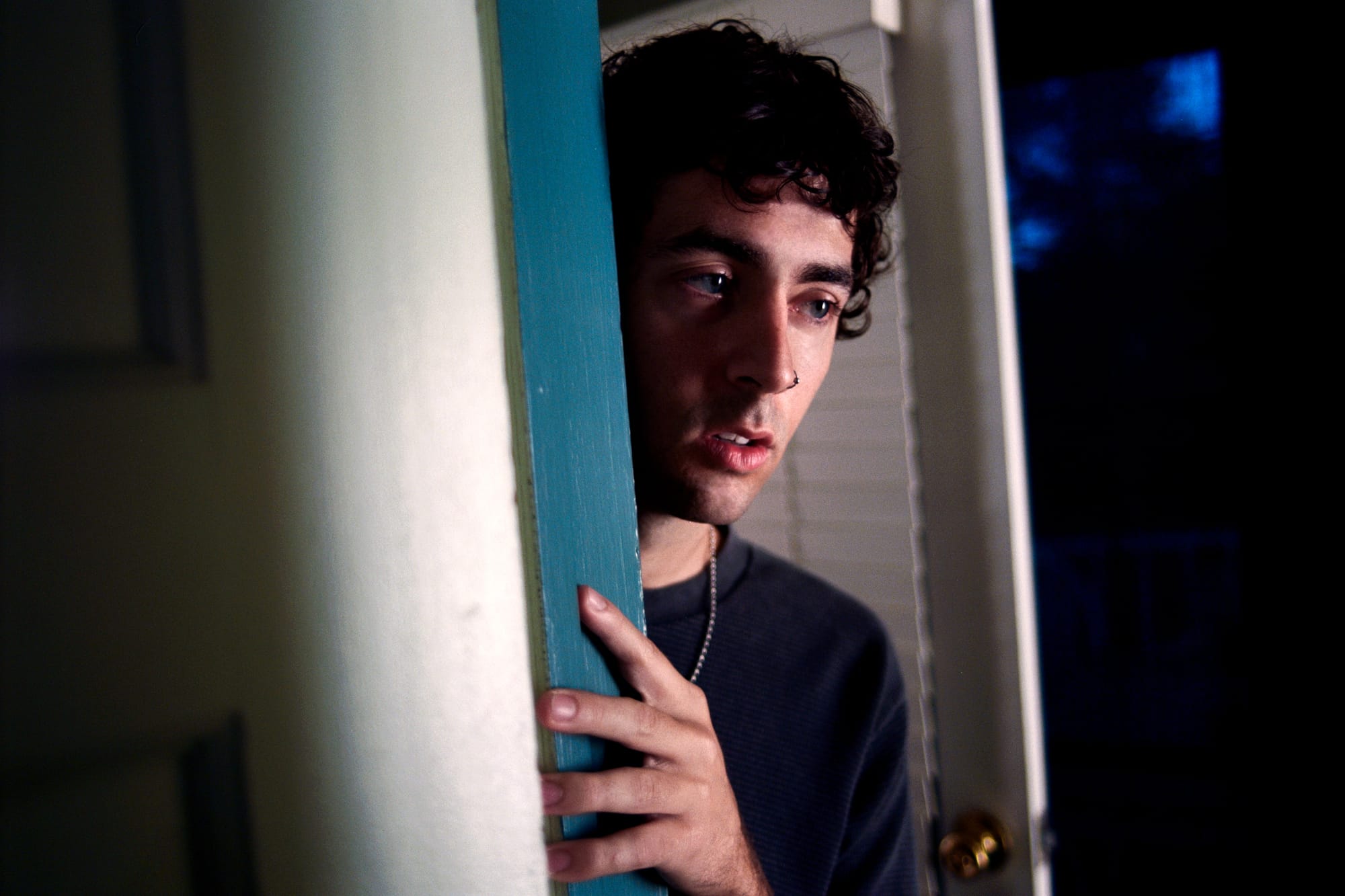
Arina: You've recently toured with artists like Empress Of and Washed Out and worked on production for Oklou's LP. Do you think these experiences influenced your own work?
Casey: Definitely. I’ve realized I can't separate everything as much as I try to. I sometimes try to compartmentalize and say, "Okay, this is separate from that." It can be helpful to do that, to focus on one thing at a time and acknowledge, "I'm working on this now, and that's something different."
But it's only natural for things to overlap and blend. I've found that the more I create or perform, the more those experiences, even unconsciously, influence or inspire different aspects of my work—whether it's music-making or performing. I see them as separate, but it wasn't until I started performing that I felt the music in a different way. That feeling pushed me to write new songs, especially with where things are headed now.
Arina: Talking about other influences. The original album draws inspiration from iconic artists and composers like Claude Debussy, Joni Mitchell, and Joe Hisaishi. How have their works shaped your sound, and do you see any specific elements of their music that you bring into your compositions?
Casey: Yeah, for me, I could go through each of my influences, but to start with Joni Mitchell—her songwriting and the way she handles melodies really inspire me. The arcs she creates within her melodies and the way she plays with harmony are just overwhelming in the best way. The flexibility of her melodies is something I've come to appreciate. I love big, sweeping legato lines; how they move through the notes feels so natural. It's a quality I'm drawn to.
All three of my main influences share this element—they each have these arching melodies that sweep you away. I love that feeling of being pulled in by the music, following its turns. The wonder of it, the way harmony interacts and shifts, captivates me.
Arina: This deluxe edition also features a remix by LSDXOXO. How did this collaboration come together for you, and what new things do you think this remix brought to "Grey Gardens"?
Casey: I've always loved remixes—I even did an entire album of just remixes. I enjoy club culture, going out, and the energy of a party. I always felt that I wanted to incorporate some element of club culture into my music, even if it was just a relic of it. Within the Later That Day world, you wouldn't necessarily expect it to be linked to club culture, but the idea of the club being in the background—distant, almost poetic—really spoke to me.
I started working with LSDXOXO on random projects, and I proposed this idea to him. He came back with such a beautiful interpretation. It felt like the perfect blend of the song and something entirely different. "Grey Gardens" is one of those tracks that has this duality—it's one thing but also another. I love that sense of distance, and having a fresh perspective on it felt right.
I think that's the spirit of a deluxe version. There's more room for flexibility. You’re more focused on constructing a cohesive piece with an album, but with a deluxe, it feels more like a celebration. There's space to explore and expand on ideas.
Arina: With the Deluxe Version released, what's coming next for Casey MQ in 2025?
Casey: It's been fun this year—I've been writing a lot and trying to dig into some new ideas floating around in my head. I'm also reflecting on what's naturally pulling me to make music right now because it feels different than before. I don't feel like going to the piano at the moment, if that makes sense. I was obsessed with needing the piano for a couple of years, but now, I'm back on my laptop, which is exciting.
However, going through the process of making that album with the piano, that influence will always linger. It's going to be like a ghost, always with me. So, coming back to the laptop in a new way, experimenting with rhythm, but still carrying over some of what I learned, has been interesting.
I've also been working on other people's projects and producing for others, which has been a nice treat. It's given me a chance to see how these different worlds overlap but also create divisions in my head, helping me move forward in different directions.
I challenge myself to step into these new spaces, but I also recognize that there's only so much time in a day, and these things naturally overflow and intersect. What I've noticed is that after creating something, I often react to it. I try to have a conversation with myself through my work, pushing myself to try something different. I find it hard to recreate something I've already done, so the music I've created always spills over into something new, like a stone rolling into a different place. It shows up in a different way, but it's still connected.
Visit Casey MQ online at caseymq.com and follow him on Instagram and YouTube. You can purchase Later that day, the day before, or the day before that (Deluxe Edition) from Bandcamp or Qobuz and listen on your streaming platform of choice.
Check out more like this:
 The TonearmArina Korenyu
The TonearmArina Korenyu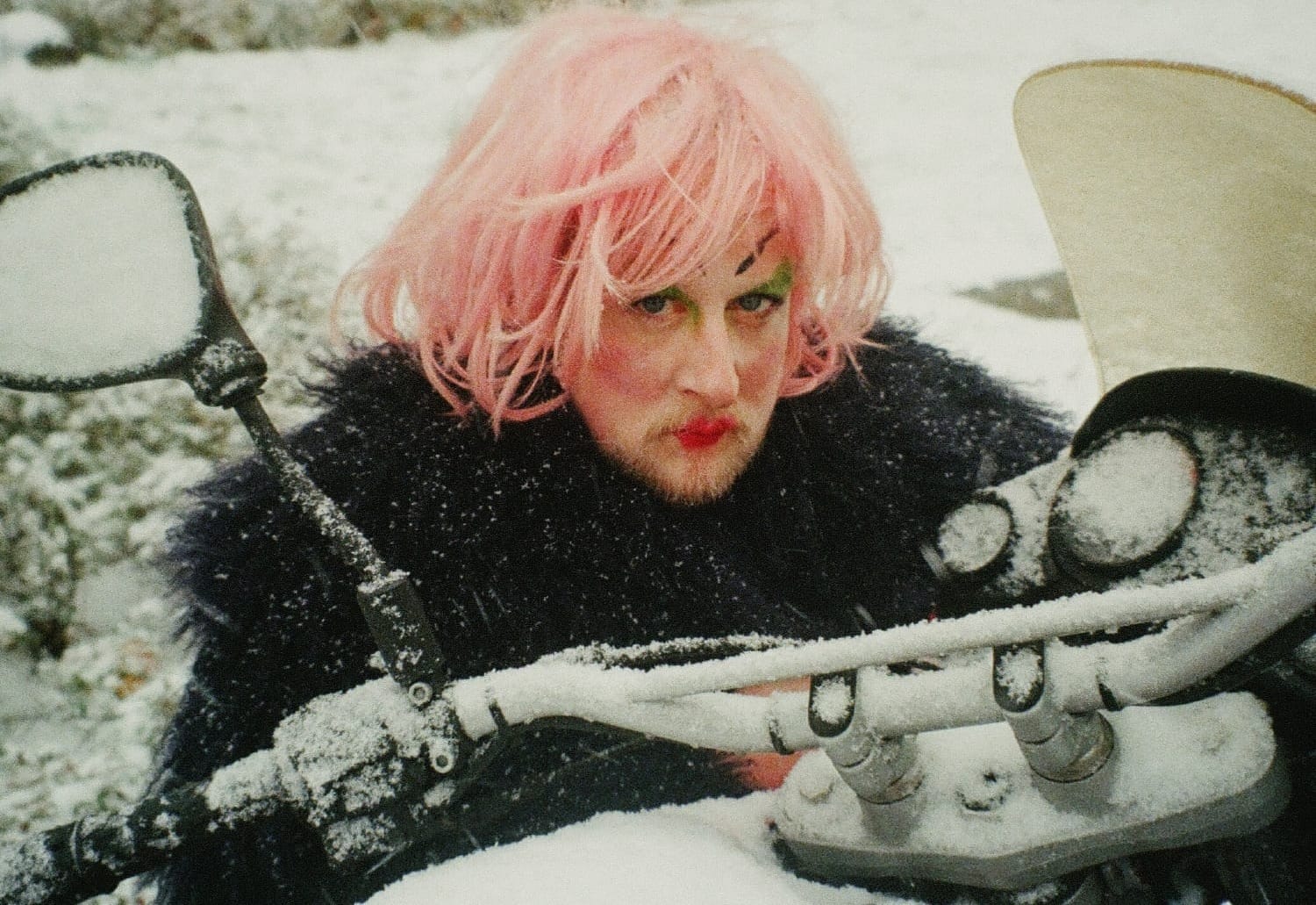
 The TonearmLawrence Peryer
The TonearmLawrence Peryer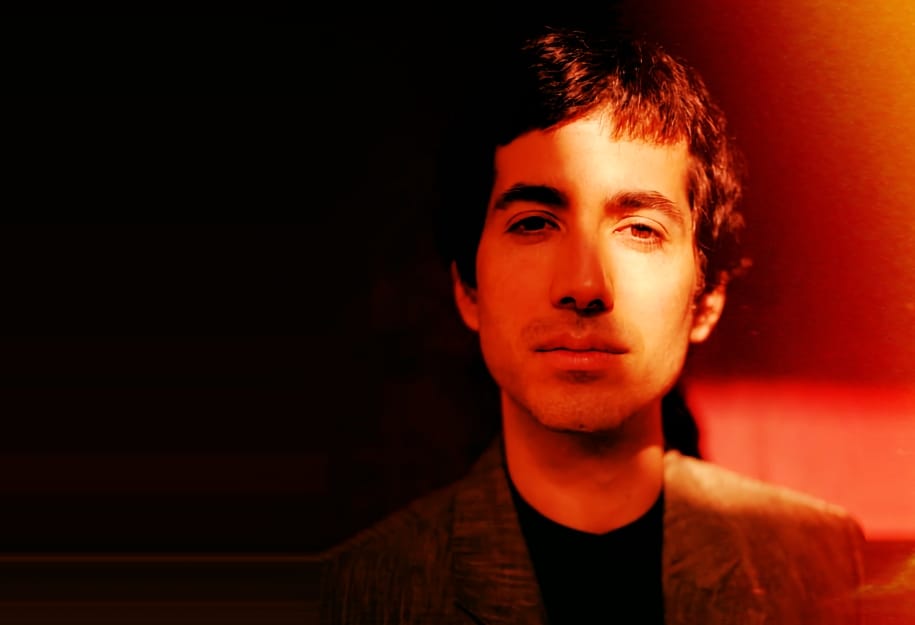


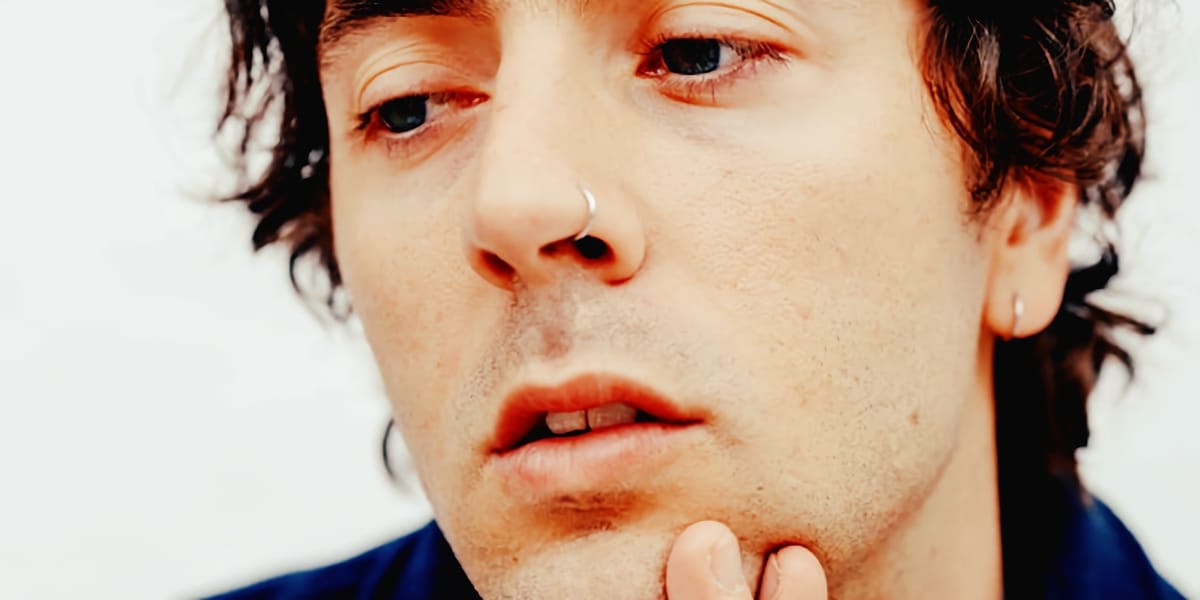
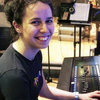
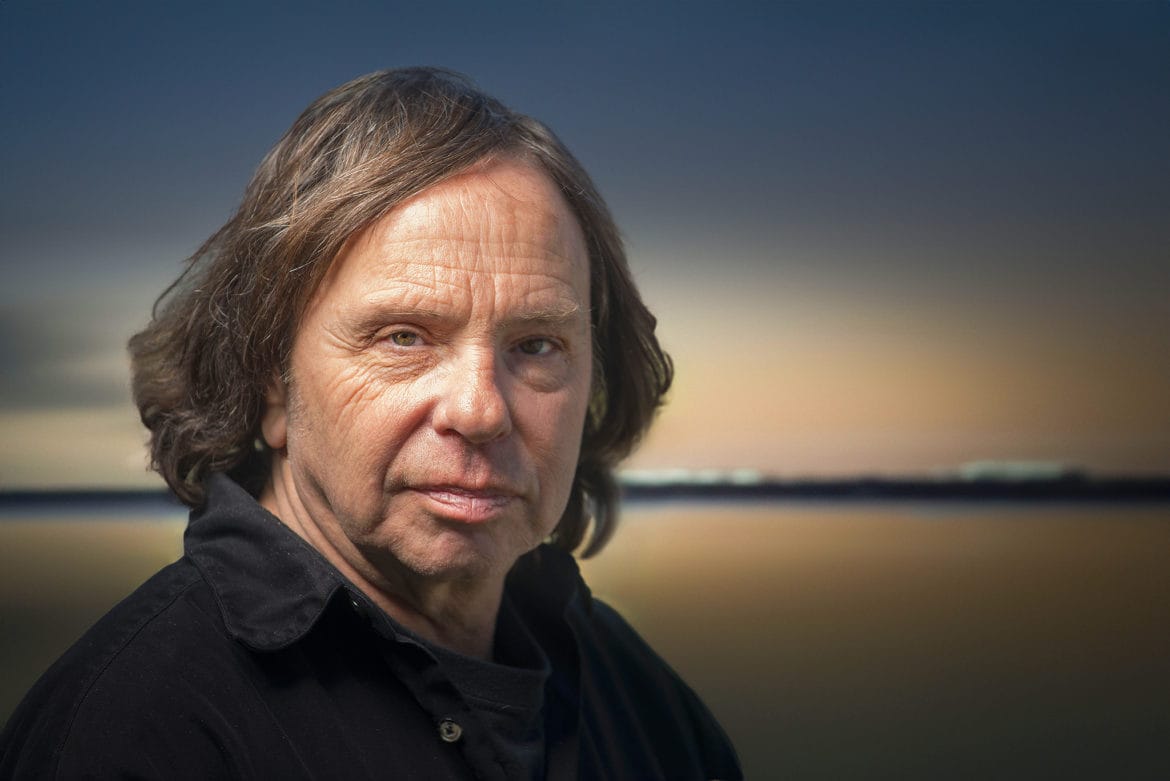


Comments